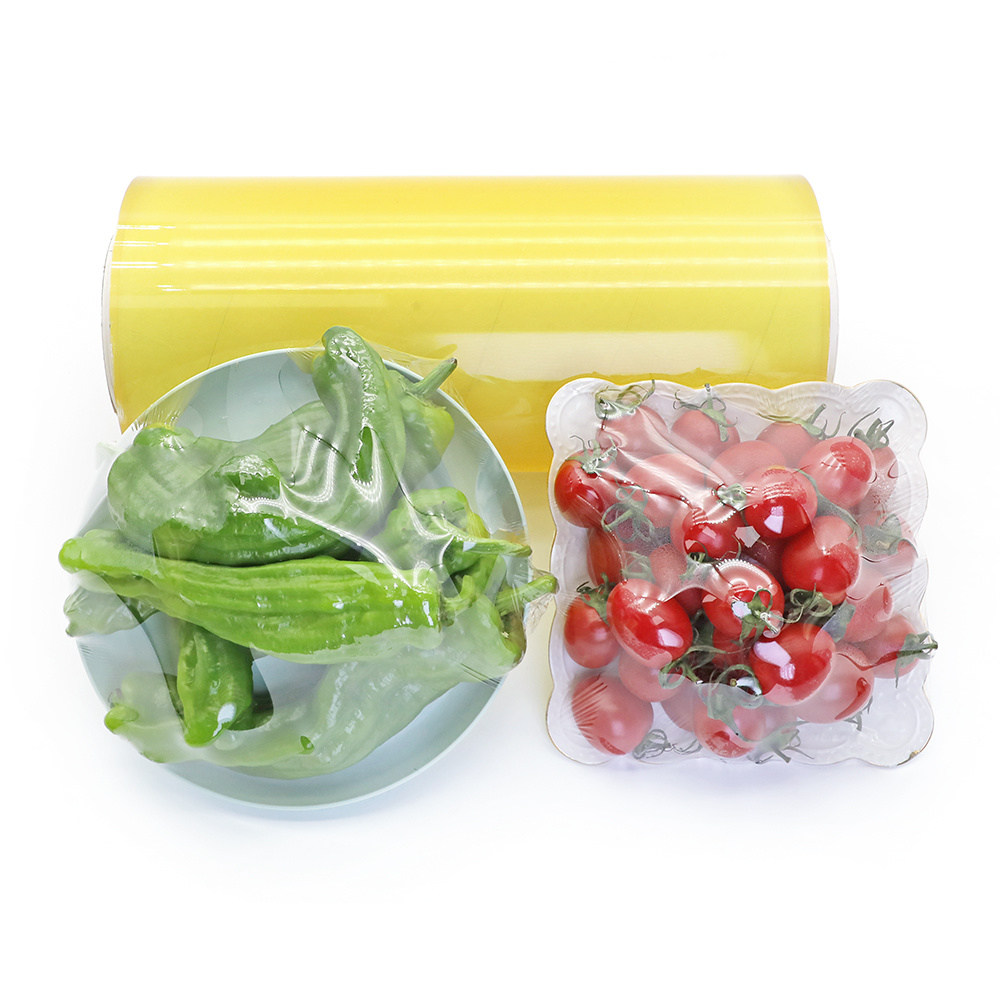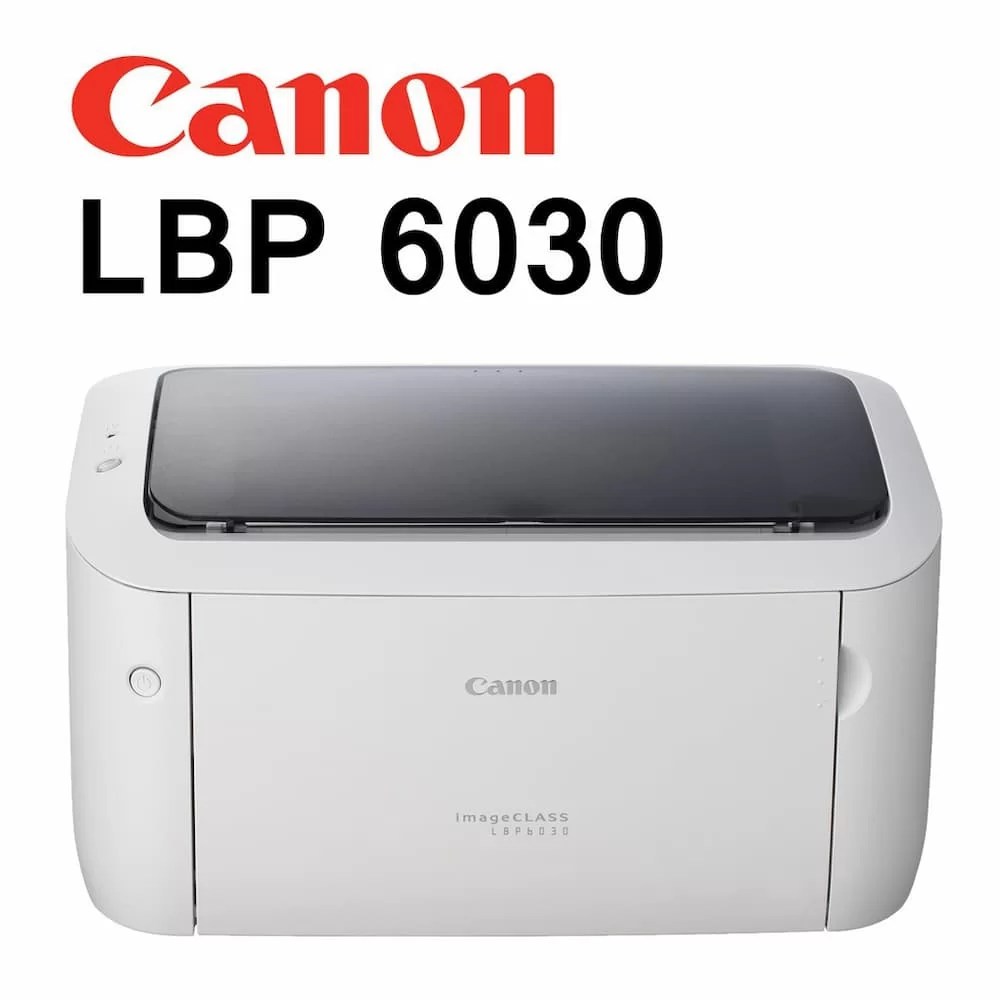In the world of plumbing and construction, PVC (Polyvinyl Chloride) pipes have gained immense popularity due to their durability, affordability, and ease of installation. However, concerns about the safety and FDA approval of PVC pipes have been raised. In this blog post, we will delve into the depths of this topic to provide you with a comprehensive understanding of whether PVC pipes are FDA approved or not.
- Understanding PVC Pipes:
PVC pipes are made from a synthetic plastic polymer called polyvinyl chloride. They are commonly used for various applications, including water supply, drainage systems, irrigation, and more. PVC pipes offer excellent resistance to corrosion, chemicals, and weathering, making them a preferred choice in many industries. - FDA Approval Process:
The Food and Drug Administration (FDA) is responsible for regulating and ensuring the safety of various products, including those that come into contact with food and drinking water. However, it is important to note that the FDA does not specifically approve or disapprove PVC pipes for use in these applications. - FDA Regulations for Food Contact Materials:
The FDA has established regulations for materials that come into contact with food, known as Food Contact Materials (FCMs). These regulations aim to prevent the migration of harmful substances from the materials into the food. While PVC pipes are not directly regulated by the FDA, certain components used in PVC pipe manufacturing, such as additives and plasticizers, may fall under FDA regulations. - Compliance with FDA Standards:
Manufacturers of PVC pipes must ensure that their products comply with FDA standards if they are intended for use in food-related applications. This involves using FDA-approved additives and plasticizers that are deemed safe for food contact. Additionally, manufacturers must adhere to good manufacturing practices to minimize the risk of contamination. - Third-Party Certifications:
To provide further assurance of safety and compliance, some PVC pipe manufacturers obtain third-party certifications. These certifications, such as NSF/ANSI 61, demonstrate that the PVC pipes meet specific health and safety standards for use in drinking water systems. - Considerations for Safe Usage:
While PVC pipes themselves may not be FDA approved, they are widely used in various industries, including food processing and water supply. However, it is crucial to consider the following factors to ensure safe usage:
- Choose PVC pipes from reputable manufacturers who comply with FDA regulations and obtain third-party certifications.
- Follow proper installation and maintenance practices to prevent any potential leaching of harmful substances.
- Regularly inspect and replace PVC pipes that show signs of degradation or damage.
Conclusion:
In conclusion, PVC pipes are not FDA approved in the traditional sense. However, manufacturers can ensure compliance with FDA regulations by using approved additives and plasticizers. Third-party certifications provide additional assurance of safety. When selecting PVC pipes for food-related applications, it is essential to choose reputable manufacturers and follow proper installation and maintenance practices. By doing so, you can confidently utilize PVC pipes while prioritizing safety and regulatory compliance.



